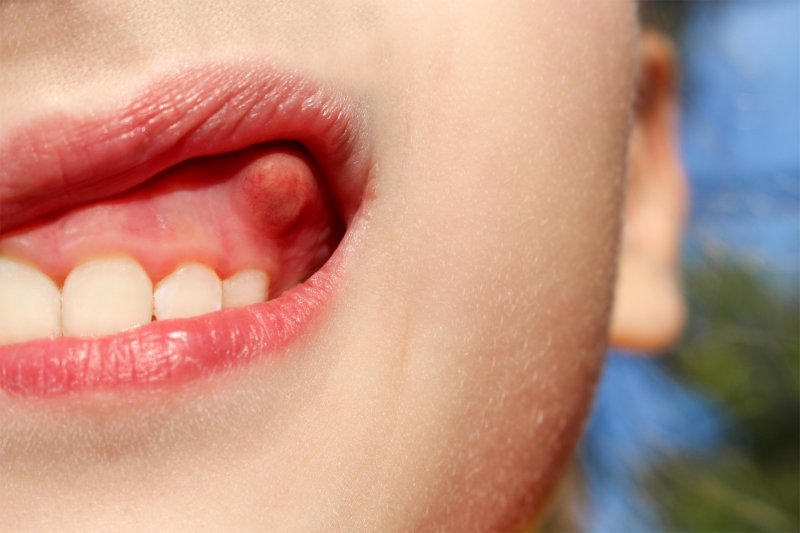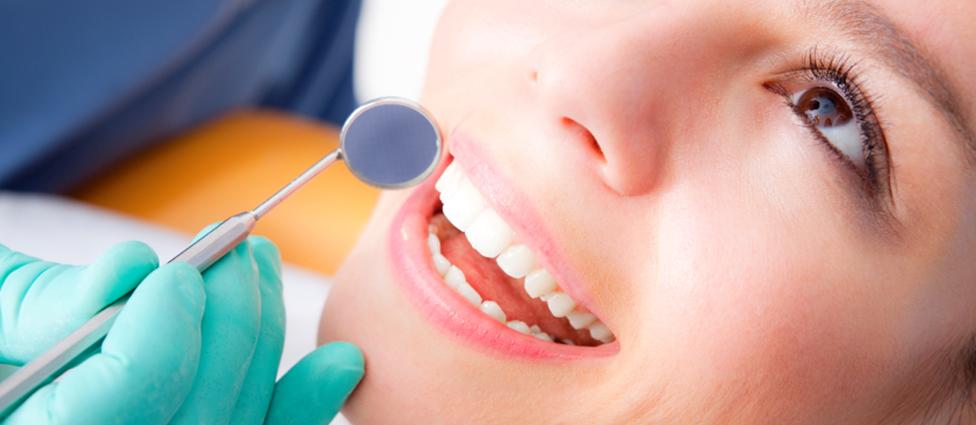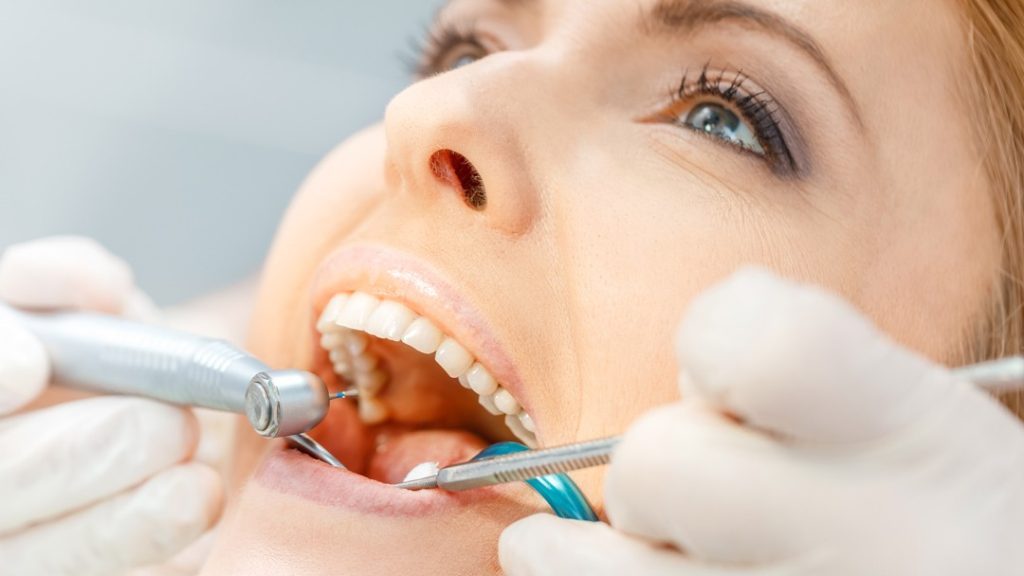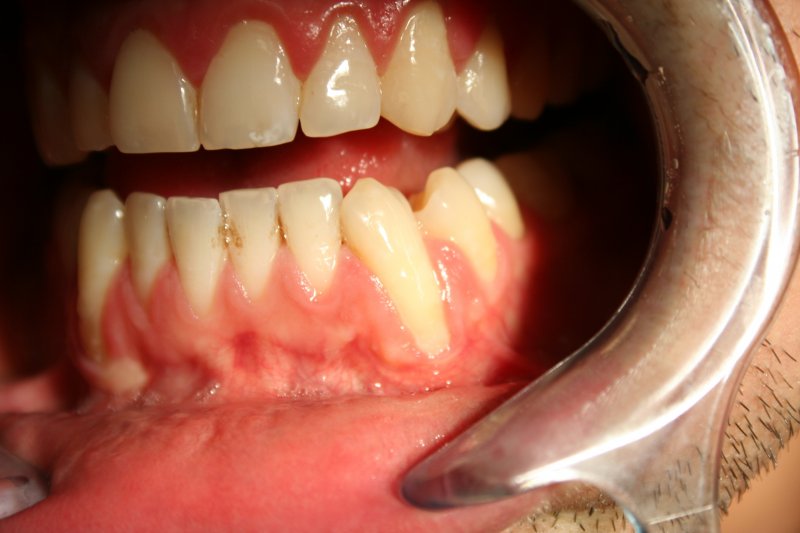Have you ever experienced the discomfort of a Heal Swollen Gum Around Tooth? It’s like having a rock in your shoe, constantly annoying and painful. Swollen gums can be caused by factors such as poor oral hygiene, hormonal changes, or stress. But fear not. There are ways to heal and prevent this pesky problem.

Think of your gums as the foundation of a house. If the foundation is weak, the entire structure becomes unstable. Similarly, if your gums are inflamed and swollen, it can lead to serious dental issues such as gingivitis or periodontitis. Caring for your gums is as essential as brushing and flossing your teeth. In this article, we will explore the causes and symptoms of swollen gums, effective home remedies for treatment, professional dental treatments available, and preventive measures to maintain oral health.
Understanding the Causes of Swollen Gums
So, you’re wondering why your gums are swollen around your tooth. Well, let’s look at what might be causing this discomfort. One possible cause of swollen gums is gum disease. This occurs when bacteria build up in the mouth and form plaque on the teeth. If left untreated, this can lead to inflammation of the gums, which can cause them to become red, tender, and swollen.

Another possible cause of swollen gums is poor oral hygiene. When you don’t brush and floss regularly, food particles and bacteria can accumulate in your mouth, leading to plaque formation on your teeth. This can irritate your gums and cause them to swell or bleed. Maintaining good oral hygiene practices is essential, such as brushing twice daily with fluoride toothpaste and flossing at least once daily to prevent gum disease and other dental problems.
Identifying Symptoms of Gum Inflammation
You may notice tenderness or redness near your tooth, which could indicate gum inflammation. Various factors, including poor oral hygiene and diets high in sugar and acidic foods, cause this. When plaque builds up on teeth, it can irritate the gums, leading to swelling and redness.

Aside from poor dental hygiene and diet choices, gum inflammation can also affect children. Parents should look for signs such as bleeding or swollen gums when their child brushes their teeth. Encouraging good oral habits early on can prevent gum disease from forming later in life. Regular visits to the dentist for cleanings and check-ups are also crucial in maintaining healthy gums for both adults and children.
Home Remedies for Treating Swollen Gums
Are you feeling frustrated with the discomfort in your mouth? Try these simple home remedies to soothe your irritated gums. First, try massaging your gums using a gentle circular motion with your fingers or a soft-bristled toothbrush. This will help increase blood flow and reduce inflammation.

Another effective home remedy is a saltwater rinse. Mix one teaspoon of salt into a cup of warm water and swish it in your mouth for about 30 seconds before spitting it out. The salt helps kill bacteria and reduces swelling, quickly relieving swollen gums. Incorporating these simple yet effective remedies into your daily routine can help improve the health of your gums and make you feel more comfortable overall.
DIY Oral Rinses and Mouthwashe
When it comes to addressing the discomfort of swollen gums around a tooth, DIY oral rinses and mouthwashes can be effective allies in your oral care arsenal. Crafted from natural ingredients commonly found in your kitchen, these homemade solutions offer a gentle and soothing approach to alleviate swelling and promote gum health. In this guide, we explore simple yet potent recipes for DIY oral rinses, providing you with practical tips on creating at-home mouthwashes that can help heal swollen gums. Embrace the power of natural ingredients and elevate your oral care routine with these DIY solutions, ensuring a calming and rejuvenating experience for your gums.
Professional Dental Treatments for Swollen Gum
Now, if you’re looking for a way to get professional help with your gum discomfort, a few dental treatments can provide relief. Two standard procedures used to treat swollen gums are scaling and root planing. Scaling is a deep cleaning process that removes plaque and tartar from the surface of teeth and below the gum line. On the other hand, root planing involves smoothing out rough spots on tooth roots to remove bacteria.

To determine which treatment is best for you, your dentist will evaluate the severity of your condition. Antibiotics may sometimes be prescribed alongside scaling or root planning to combat infection. Alternatively, an oral rinse may be recommended as a less invasive option. Following any recommended treatment plans is essential to prevent further damage and promote healthy gums.
| Treatment | Description |
|---|---|
| Scaling | Deep cleaning process that removes plaque and tartar from teeth surface and below gumline |
| Root Planing | Smoothing out rough spots on tooth roots to remove bacteria |
| Antibiotics | Prescribed medication used alongside scaling or root planing to combat infection |
| Oral Rinse | Recommended as a less invasive option for treating swollen gumsand reducing bacteria in the mouth. It can be used as a daily maintenance tool for oral health. |
Preventing Future Swelling and Maintaining Oral Health
Maintaining good oral hygiene and regularly visiting your dentist can help keep your mouth healthy and prevent future discomfort. In addition to seeking professional dental treatments for swollen gums, there are several steps you can take at home to maintain optimal oral health.

Here are five simple yet effective ways to prevent future swelling and maintain a healthy smile
- Floss daily: Flossing is crucial for removing plaque and food particles from areas your toothbrush cannot reach.
- Brush twice a day: Brushing with fluoride toothpaste helps remove plaque and bacteria from the surface of your teeth.
- Eat a balanced diet: A nutritious diet of fruits, vegetables, whole grains, lean proteins, and low-fat dairy products can help promote oral health.
- Limit sugary drinks and snacks: Consuming too much sugar can lead to cavities and gum disease.
- Drink plenty of water: Drinking water throughout the day helps rinse away bacteria in your mouth and keeps you hydrated.
By incorporating these habits into your daily routine, you can promote healthy gums, prevent future swelling, and maintain optimal oral health. Remember that prevention is vital when it comes to maintaining a beautiful smile!
Further Reading & Entities:
Conclusion
Congratulations! You now know how to heal swollen gums around a tooth. Following the tips and techniques mentioned in this article can alleviate gum inflammation, reduce pain and discomfort, and prevent future swelling.
Did you know that according to the CDC, nearly half of adults over 30 have some form of gum disease? This is a concerning statistic, as untreated gum inflammation can lead to serious health complications such as tooth loss, infection, and even heart disease. Therefore, it’s crucial to take care of your oral health by brushing twice daily, flossing regularly, visiting your dentist for regular check-ups and cleanings, and promptly addressing any signs of swollen gums or other dental issues.

By incorporating good oral hygiene practices into your daily routine, staying vigilant about identifying symptoms of gum inflammation, and seeking professional dental treatment when needed, you can keep your teeth healthy and strong for years to come. Remember that prevention is vital when it comes to maintaining optimal oral health. So please take action today and start caring for your gums before they become swollen or inflamed

